Classification of yoga breathing methods

(1) Primary yoga breathing skills:
Yoga breathing consists of three parts:
Inhalation (Purala)-Inhaling in fresh air to fill every cell in the lungs and body with pure oxygen; Exhalation (Rechaka)-Exhalation of carbon dioxide from the body and removal of exhaust gas from the lungs; Kumbhaka-is a normal pause between inhalation and exhalation. It is divided into two parts: A Hold your breath after inhaling (internal suspended breath);B Hold your breath after exhaling (external suspended breath).
Primary yoga breathing methods include:
1 Complete breathing method-consists of abdominal breathing + thoracic breathing (upper chest, clavicle).
2 Cool breathing method-based on abdominal breathing or complete breathing.
3 Throat breathing (Victory Breath)-You can also perform throat breathing at any time and in any position. Throat breathing is second nature for yoga practitioners.
4 Bee pranayama-Make the sound of a bee when exhaling.
5 Alternate breathing-Inhale in with one nostril and exhale with both nostrils.
6 Right nasal passage breathing (sun breathing)-Inhale through the right nostril and exhale through the left nostril.
7OM pronunciation of "Om"-this pronunciation is "the origin of all sounds", and the undercurrent sound is present all the time.
(2) Advanced yoga breathing skills: It has a strong detoxification effect on various organs of the body.
Advanced yoga breathing methods include:
1 Clean up meridians and regulate breathing-use your right hand to control your nostrils to breathe. Bend your index and middle fingers and adduct them (or press on the center of your forehead).
2 Bellows regulation-When breathing, the lungs are like the bellows of a blacksmith. They inhale and exhale continuously rapidly, rhythmically and vigorously, but not violently, allowing the abdomen to expand and contract.
3 Holy light recuperation-perform abdominal breathing like bellows.
4 Binding methods-There are three main binding methods, which should be performed while holding your breath. (Editor in charge: Teng Yun)